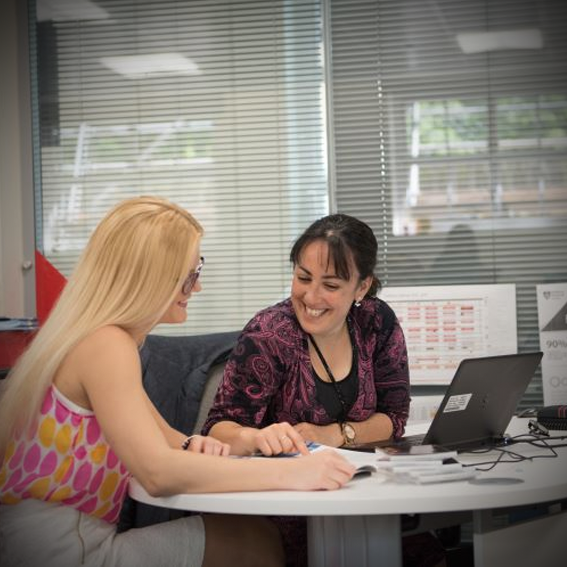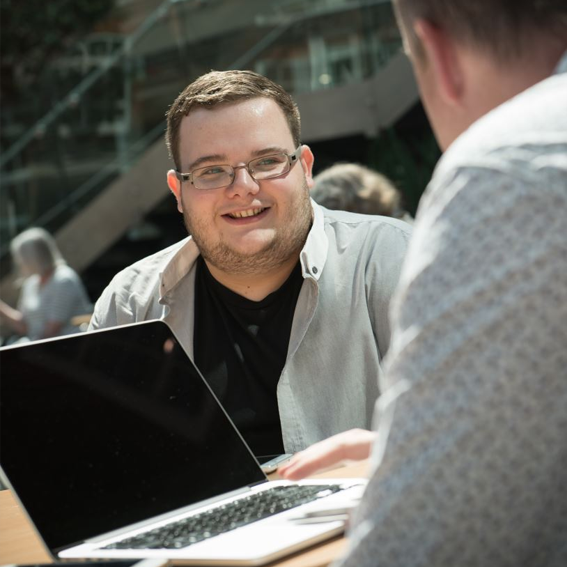Choosing further education courses
Deciding what and where to study after you have finished your GCSEs can be difficult. Our guide breaks it down to make it easy to get started. Grab a pen and paper to make notes, and click through our guide.
Start with subjects
The first thing to do is think about what subject, or subjects you might want to study. If you have a career in mind it is worth researching what qualifications are needed to get into that industry, or if you know that you want to study a particular subject at university they will list what subjects they need you to have studied on their course pages, these are called 'entry requirements'.
Make a list of subjects that interest you
Don't limit yourself at this stage, and remember you can study almost anything in further education, so don't just think about the subjects you study at the moment. It is important that you study subjects that you enjoy, but remember that you might have to study certain things to get onto particular courses at university, or to get into particular careers.
Great!
You should now have a nice long (or not so long) list of subjects that you are interested in! Dont worry if there seems like a lot, we'll narrow them down later.
Ways to Study
So you should now have a list of subject areas that interest you. Now you can start to think about what sort of course would suit you.
There are loads of different types of courses, all taught in different ways. If you are not sure of your learning style then try the Discover Your Learning Style Quiz.
Great
Do some research about the different types of further education courses available and think about if they will fit your learning style. Our pathways infographic shows all of the different options, and our 'Quick Look' guides will give you an idea of how the three main options work. There is lots of information on the internet about how different courses are taught. Make a note of what types of courses might suit you best.
Where to study
Now you have an idea of what you might like to study, and how, it is time to think about where. Most further education courses are delivered in colleges or sixth forms, whilst students studying vocational options such as apprenticeships will spend some of their time in the workplace.
Things to consider
Think about whether you want to head to a new college, stay on at sixth form or if you’d prefer to learn in a more hands on environment. You'll also need to think practically, considering how long it takes to travel to your place of study, what the sports facilities are like, and if the places you may consider offer all the learning support you expect.
We’re getting there
Explore the options in your area and investigate if the subject areas and course types that you researched in step 1 and 2 are available. You may find that some subjects or course types are not available in your area, so at this stage you might might have to start narrowing down your options.
Investigate
You should now have a good idea about some of the subject areas you might want to study, what types of courses are available to you, and where you might be able to study.
Open Evenings
Websites and prospectuses are a great source of information, but nothing is quite as helpful as actually visiting. See if any of the places you have come across have open days or evenings, and head along to meet current students and teachers. Find out about the course, social life, the facilities and most of all, if you feel comfortable. Don’t be afraid to ask questions on the day, check out the ten things to ask on open evenings before you go.
What now
You should have a list of courses you are interested in finding out more about now, and an idea of how to learn more about them. Why not check out what our students have to say about how they approached their time in further education.




